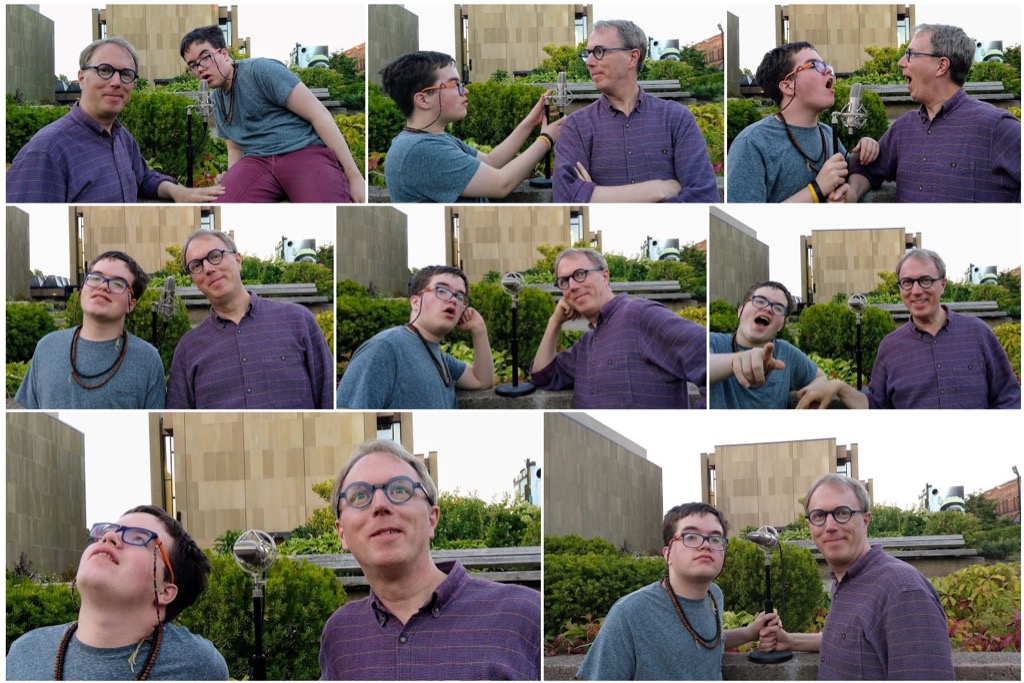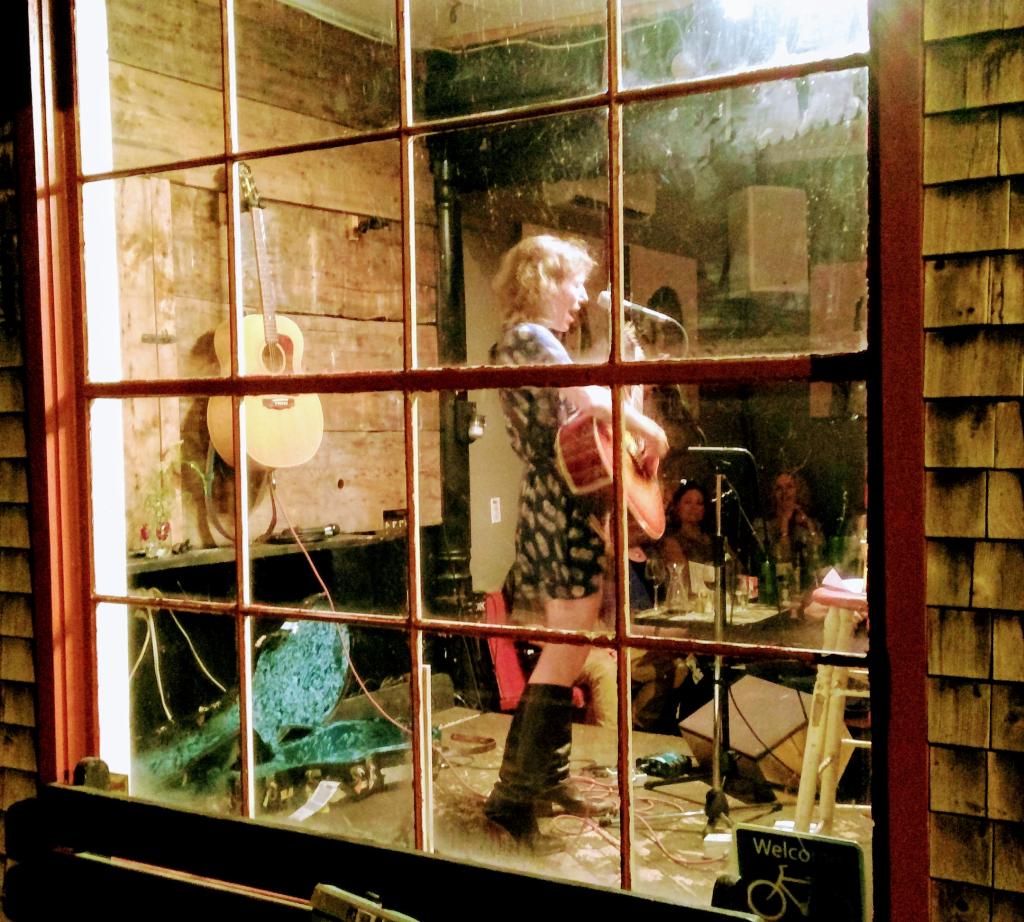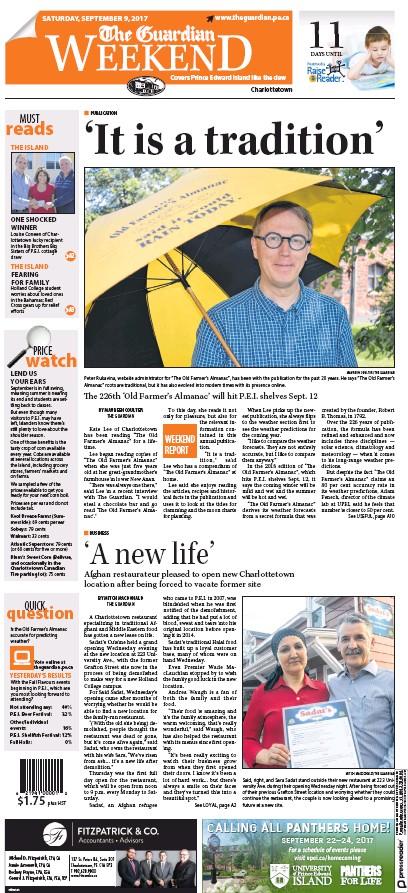I mistakenly told my Google Home to make a telephone call this morning–”Hey Google, call Richard’s Fish & Chips.”
This was a mistake, because the Google Home can’t make telephone calls.
Except that it can.
Apparently the Google Home now has a new superpower, which is making free telephone calls in the U.S. and Canada.
So when I said “Hey Google, call Richard’s Fish & Chips,” Google figured out which Richard’s I wanted (it knows where I am, because I told it where my Google Home is located when I first set it up), and placed a call for me.
It also works for “Hey Google, Call Catherine.” And it knew to call her cell phone.
It can’t yet send text messages, it can’t yet receive calls, and its response when you try to call a number it doesn’t recognize is the stock “I don’t know how to help with that” rather than “I don’t have a number for them” or something more specific.
But, it’s still pretty keen. I’m not sure why I’d ever use an actual telephone to call out from the office ever again.
A reminder that the Google Home is now available in Canada: you can purchase one from Best Buy, Walmart, Staples or The Source, or direct from Google.
And remember: once you have yours, be sure to say “Hey Google, ask Farmer’s Almanac about today.”
The Creative Independent ran an interview with Pika☆ this week in Japanese and then, the next day, in English.
In English, there was a question about collaboration:
When you’re collaborating with someone, and they’re not real, are you able to figure that out by the act of collaboration?
There are definitely moments I can feel that, but it could come from my end as well. It gets kind of interesting when we both sense it.
In the Japanese version, passed through Google Translate, this was:
Is there a time when you are playing and you know that the other party is putting in parentheses?
There is a moment to feel, but it is also in myself. Burns but it is quite fun when each other notices it (lol)
Without being able to comment on the translation, I think “the other party is putting in parentheses” is so much better a way of expressing this nothing; it’s so much better than “they’re not real.”
A combination of Ethan the Dog needing to be inspired to run around, combined with latent fitness guilt after watching the Apple keynote, when its circle-filling enthusiasts, promoted me to walk 1,000 steps in the back yard tonight.
The Google Fit app on my phone dutifully traced my progress.

Sara Fraser at CBC Prince Edward Island asked me and Oliver for a photo of us recording a podcast.
So we recorded a podcast.
And we took some photos.

Martha Wainwright singing her encore at the Trailside as we ducked out the door. It was a transcendent evening; she is a voluble force of nature.

I woke up this morning to find my photo on the front page of The Guardian, attached to a story about the 2018 edition of The Old Farmer’s Almanac.
Kudos to reporter Maureen Coulter for such an extensive piece about the Almanac and its role in our lives.
This is my 21st year working with the Almanac—the 1998 edition was the first one I touched. Few career achievements in life can top the pride I feel being on the masthead every year.

Lynda Barry at NASA’s Goddard Space Flight Centre:
Barry’s impact on the assembled Goddard employees was immediate; from the moment she arrived, she insisted on abandoning all electronic devices. “They were really flipped out about it,” says Barry. “The phone gives us a lot but it takes away three key elements of discovery: loneliness, uncertainty and boredom. Those have always been where creative ideas come from.”
Going to a coffee shop, walking down the street, driving across the country, waiting in line at the bank: these each used to involve some degree of loneliness, uncertainty and boredom. But that’s since been almost completely eradicated by the poison gas of the mobile phone.
People on their devices are not lonely, uncertain or bored. But that’s because they’re not actually there at all.



 I am
I am